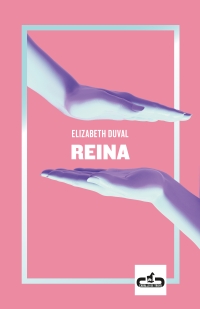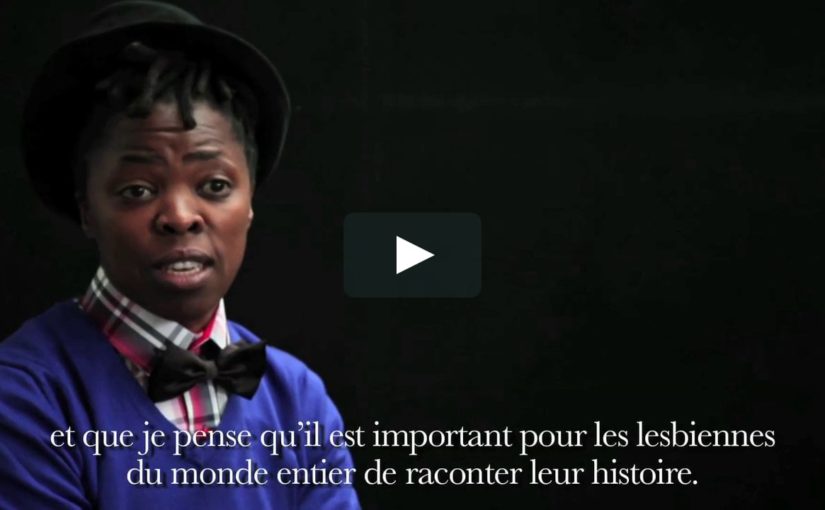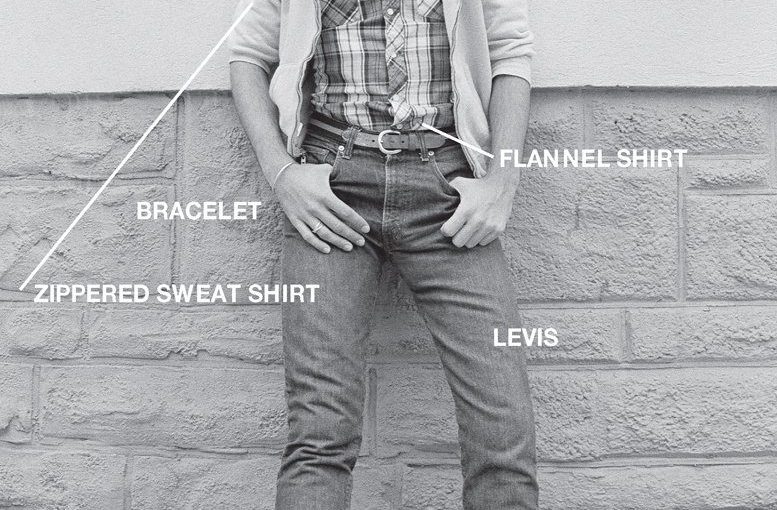+ info: El País (Álex Vicente)
La joven escritora publica ‘Reina’, una primera novela en clave autobiográfica donde relata su experiencia como estudiante de Filosofía y Letras en la Sorbonne de París, su ciudad desde hace dos años.
En su país, Elizabeth Duval (Alcalá de Henares, 2000) es una estrella mediática. En París, en cambio, es solo una estudiante universitaria más. La joven escritora cursa el doble grado de Filosofía y Letras Modernas en la Sorbonne, donde se funde en una masa de alumnos que cargan con tote bags y engullen paninis veganos bajo el tímido sol que entra en el patio. “París es una manera de alejarme de esa existencia como figura pública”, escribe en Reina (Caballo de Troya), su primera novela autobiográfica, a falta de un nombre mejor. El libro es, a la vez, una autoficción y una crítica a su impúdico dispositivo. “Es un libro escrito a regañadientes, que no quiere ser leído. Lo que me interesaba era reflexionar sobre la difícil posición en la que te sitúa firmar un libro así, contar un relato con la parte morbosa que implica toda literatura del yo”, responde la autora. En el libro, que recoge sus primeros meses como estudiante en París, Duval relata cómo se pincha triptorelina para bloquear la producción de testosterona en su cuerpo. Pero también, o sobre todo, narra su peculiar historia sentimental con Aurore, las tesis sobre las relaciones subterráneas de su íntimo amigo Théo y su breve rollo con Rebecca, una joven que logró fundamentar buena parte de su memoria de posgrado en que Sylvia Plath era lesbiana y estaba carcomida por la heterosexualidad (el jurado le dio la razón).





 + info:
+ info: 